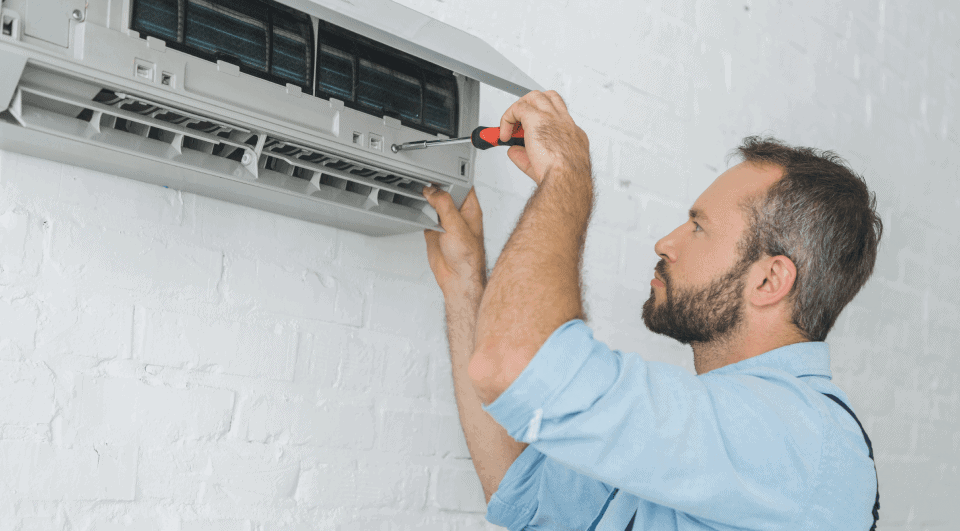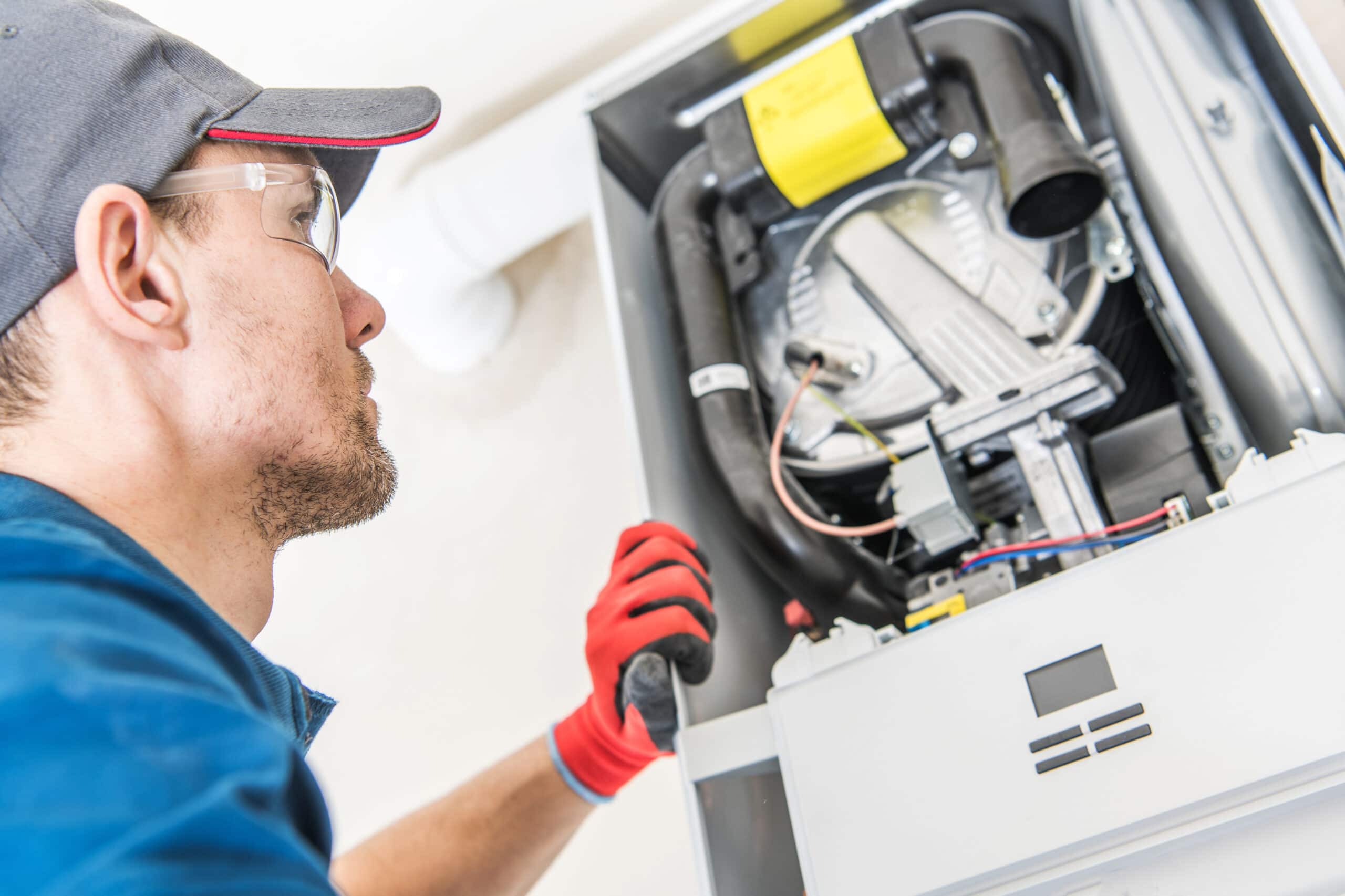[et_pb_section fb_built=”1″ _builder_version=”3.22″][et_pb_row _builder_version=”3.25″ background_size=”initial” background_position=”top_left” background_repeat=”repeat”][et_pb_column type=”4_4″ _builder_version=”3.25″ custom_padding=”|||” custom_padding__hover=”|||”][et_pb_text _builder_version=”4.9.10″ header_font=”|700|||||||” header_font_size=”27px” header_line_height=”1.3em” background_size=”initial” background_position=”top_left” background_repeat=”repeat”]
The Top 4 Costly Mistakes Homeowners Make All the Time (Part 1)
In our previous blog post, we talked about the importance of regular maintenance for extending the life of your HVAC system.
Here’s the thing, though: when it comes to HVAC maintenance, what you don’t do can be just as important as what you do.
In fact, it’s highly likely that you’re making at least one critical mistake as we speak!
HVAC Mistakes You’re Probably Making Right Now
Avoiding these four mistakes can help keep costly repairs at bay:
1. You Don’t Check or Change Your Filter as Often as You Should
How often should you check your filter?
Here’s a fun fact: contrary to popular belief, HVAC filters are not intended to purify the air you breathe. Instead, their main function is to protect the AC itself from airborne particles that could clog the unit.
When was the last time you checked your air filter for dirt and debris? If it wasn’t in the last month, go ahead and take a look at it now. You should check it every 30 days.
What happens when your air filter is clogged?
- Clogs increase energy consumption.
- Clogs cause frozen evaporator coils.
- Clogs lead to inadequate heating and/or cooling.
- Untreated clogs ultimately result in HVAC failure.
When should you get a new filter?
How often you should replace your filter depends on the size of your household and whether you have any pets or allergies. Here are some industry rules of thumb:
- A vacation home or one-person household with no pets or allergies: every 6–12 months.
- An ordinary suburban home without pets: every 90 days.
- One dog or cat: every 60 days.
- More than one pet or if anyone has allergies: every 20–45 days.
Regularly changing your air filters helps your HVAC system perform more efficiently. If you’ve noticed that your home isn’t cooling or heating as well as it should, it could be your filter!
In addition to keeping your HVAC unit running smoothly, changing your filter can also reduce your home energy bills by 15%.
2. You Install Your Thermostat in the Wrong Spot
If your home has a central heating and air system, you probably have a thermostat.
For the most part, thermostats are low-maintenance, tried-and-true pieces of technology that can last for a long time. However, they can and do fail when not maintained properly.
One of the most common mistakes homemakers make with thermostats is placing them in the wrong spot.
Having your thermostat in the right spot is critical because its temperature controls how and when your HVAC system runs. For instance, a thermostat set in direct sunlight or near a heat source will read the environment as warmer than it is, causing the air conditioning to run constantly or the heater not enough.
To prevent that from happening, make sure your thermostat is centrally located and away from heat sources and direct sunlight. If it isn’t, contact an HVAC professional who can assist you with moving it to the optimal location.
Proper thermostat placement will support your HVAC system to keep it running at peak performance.
[/et_pb_text][/et_pb_column][/et_pb_row][/et_pb_section]





